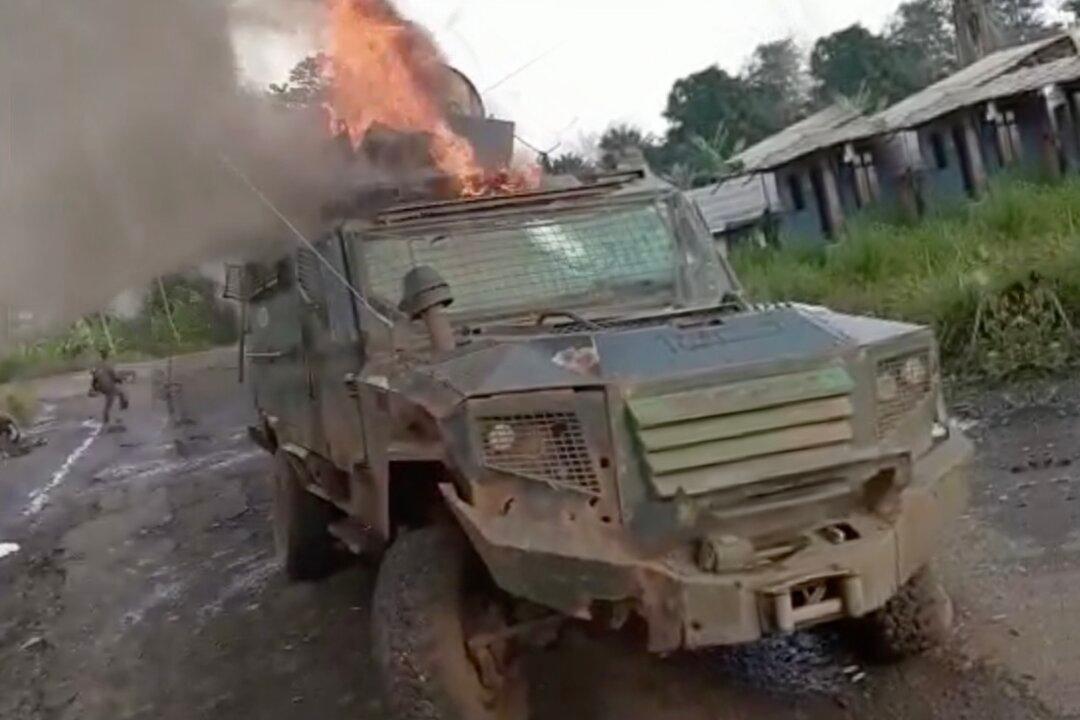News Analysis
A recent strike by rebels in northwestern Cameroon has sparked speculation that separatist groups in Nigeria’s Southeast and Cameroon’s border areas are on parallel tracks.

A recent strike by rebels in northwestern Cameroon has sparked speculation that separatist groups in Nigeria’s Southeast and Cameroon’s border areas are on parallel tracks.